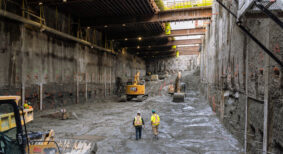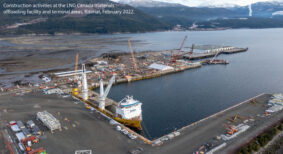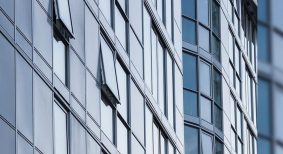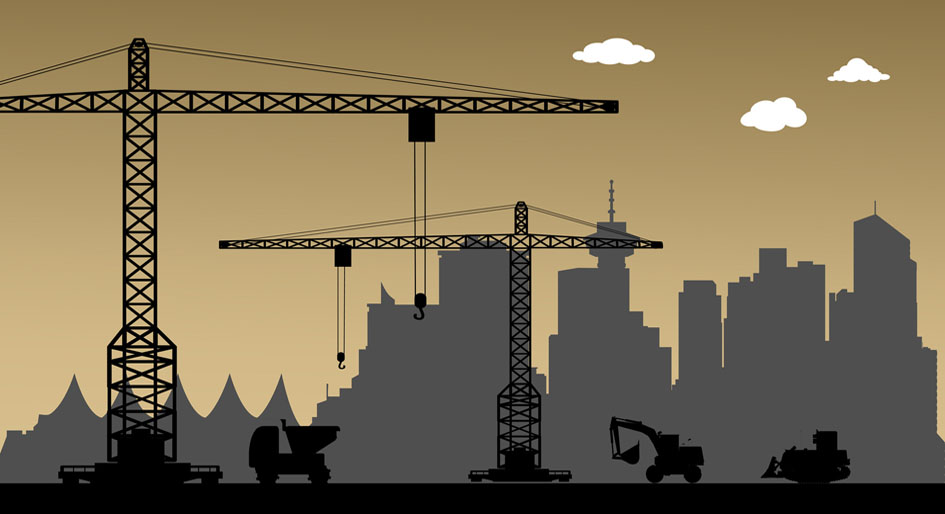Building permits across Vancouver Island continued on an upward trajectory, rising six per cent to $648.1 million in the second quarter of 2019 compared to the first quarter. Residential permits increased 19 per cent, while non residential dropped 25 per cent, according to the latest report by the Vancouver Island Construction Association (VICA).
“Residential permit activity was higher in most regional districts over the first quarter, led by a 94 per cent increase in the Nanaimo Regional District, followed by a 62 per cent increase in the Cowichan Valley,” said Rory Kulmala, CEO, VICA. “We also saw robust activity in Strathcona and Powell River with a 49 per cent and 31 per cent increase in residential permits, respectively.”
Major projects contributing to the increase in Nanaimo include construction of a 110-unit luxury condo building in Old City, valued at $64 million, and a 159-unit affordable housing development for seniors, valued at $27.8 million; both are mixed-used buildings with commercial space attached. In the Cowichan Valley, most permits issued were for Single Family Dwellings.
In contrast, non-residential permit activity slowed down by 25 per cent, with the greatest drop-off in institutional-government permits, which fell 54 per cent following a surge in the first quarter, according to Kulmala. Commercial permits held steady, while industrial permits declined 32 per cent from the previous quarter. Total investment spending on non-residential building construction in the Victoria Census Metropolitan Area (CMA) dropped four per cent in first five months of 2019 compared to the same period last year.
Island-wide a total of 36,100 persons were employed in the construction industry in the second quarter, an increase of 3.1 per cent over the first quarter.
“Although we are starting to see some highs and lows in our data, the region’s construction industry will remain strong throughout the rest of 2019,” said Kulmala. “Despite a 15 per cent slowdown in residential construction in the Capital Regional District, the residential sector should soon firm up Island-wide in response to lower interest rates and the upcoming federal housing incentive program.”
Non-residential construction will benefit from market conditions conducive to more investment. Total building permits in 2019 will ease back from 2018’s record high to around $2.25 billion, which would be well above historical averages and comparable to 2017’s level.









